The Mental Health Crisis In Ghana: Exploring The Insufficient Psychiatrist-to-Patient Ratio

Table of Contents
The Severity of the Psychiatrist Shortage in Ghana
The psychiatrist shortage in Ghana is alarming. Precise figures vary, but reports consistently indicate a drastically low psychiatrist-to-patient ratio compared to international benchmarks. While the exact number fluctuates, it's significantly lower than the World Health Organization's (WHO) recommended ratios, and pales in comparison to many other African nations. This disparity translates to a massive unmet need for mental healthcare services.
- Insufficient Numbers: Estimates suggest a ratio of far less than 1 psychiatrist per 100,000 people, compared to the WHO's recommended ratio. This stark reality means many Ghanaians requiring psychiatric care cannot access it.
- Unequal Distribution: The limited number of psychiatrists are heavily concentrated in urban areas, particularly Accra and Kumasi. Rural communities often lack access to any specialist mental healthcare services, exacerbating health disparities.
- Regional Disparities: Regions like the Northern and Upper regions of Ghana face particularly acute shortages, further highlighting the urgent need for equitable distribution of mental health resources.
Impact of the Low Psychiatrist-to-Patient Ratio on Mental Healthcare Access
The low psychiatrist-to-patient ratio significantly impacts access to timely and appropriate mental healthcare, resulting in profound negative consequences for individuals and communities.
- Delayed or Unavailable Treatment: Long waiting times for appointments are commonplace, leading to delayed or entirely unavailable treatment. This delay can result in worsening symptoms, increased suffering, and potential self-harm or suicide attempts.
- Limited Specialized Services: Access to specialized mental health services, such as inpatient care, psychotherapy, and medication management, is extremely restricted due to the shortage of qualified professionals.
- Challenges in Accessing Medication and Therapy: Obtaining essential medications and accessing regular therapy sessions are major obstacles, due to both the scarcity of psychiatrists and inadequate infrastructure.
- The Role of Stigma: The stigma surrounding mental illness in Ghana further complicates the situation, deterring individuals from seeking help even when services are available. This stigma necessitates targeted public awareness campaigns.
Contributing Factors to the Psychiatrist Shortage
The insufficient number of psychiatrists in Ghana is a multifaceted problem rooted in several interconnected factors.
- Insufficient Funding: Limited funding for psychiatry programs in medical schools directly impacts the number of psychiatrists trained each year. This underinvestment perpetuates the shortage.
- Lack of Incentives: There is a lack of incentives for psychiatrists to practice in rural areas, where the need is greatest. Improving remuneration and providing better working conditions are crucial to attract and retain professionals in these underserved regions.
- Brain Drain: Many qualified Ghanaian psychiatrists seek better opportunities abroad, leading to a further depletion of the already limited workforce. Addressing systemic issues and improving working conditions is critical to retain talent within the country.
- Lack of Policy Prioritization: The lack of sufficient prioritization of mental health by policymakers leads to inadequate resource allocation and insufficient funding for mental health initiatives.
Potential Solutions and Recommendations
Addressing Ghana's mental health crisis requires a multi-pronged approach involving increased investment, improved training, and innovative strategies.
- Increased Funding for Training: Significant investment is needed to expand psychiatry training programs in medical schools, offering scholarships and stipends to attract more students to the field.
- Incentives for Rural Practice: Providing financial incentives, better infrastructure, and improved working conditions will encourage psychiatrists to work in underserved rural areas.
- Community-Based Mental Health Services: Developing and strengthening community-based mental health services, staffed by trained mental health professionals, can improve access to care in remote areas.
- Integration into Primary Care: Integrating mental health services into primary healthcare settings can improve early detection and access to basic mental health support.
- Telehealth Initiatives: Utilizing telehealth technologies can help overcome geographical barriers and expand the reach of mental health services, especially in rural areas.
- Raising Public Awareness: Extensive public awareness campaigns are crucial to reduce stigma and encourage help-seeking behavior.
Conclusion: Addressing Ghana's Mental Health Crisis Through Increased Psychiatrist Availability
The severe psychiatrist shortage in Ghana has profound consequences for mental healthcare access, leading to significant suffering and preventable loss of life. The contributing factors are multifaceted, requiring a comprehensive and sustained effort to address. Increasing investment in psychiatric training, promoting equitable distribution of mental health resources, and implementing innovative solutions such as telehealth initiatives and community-based programs are crucial steps towards improving mental healthcare access in Ghana. We urge policymakers, healthcare organizations, and individuals to advocate for increased investment in mental health, support for training programs, and policy changes to improve mental healthcare access in Ghana. Learn more, get involved, or donate to organizations working towards improving mental healthcare in Ghana – let’s collaboratively address the psychiatrist shortage Ghana and build a healthier future for all Ghanaians. Keywords: improving mental healthcare access Ghana, addressing the psychiatrist shortage Ghana, Ghana mental health solutions.

Featured Posts
-
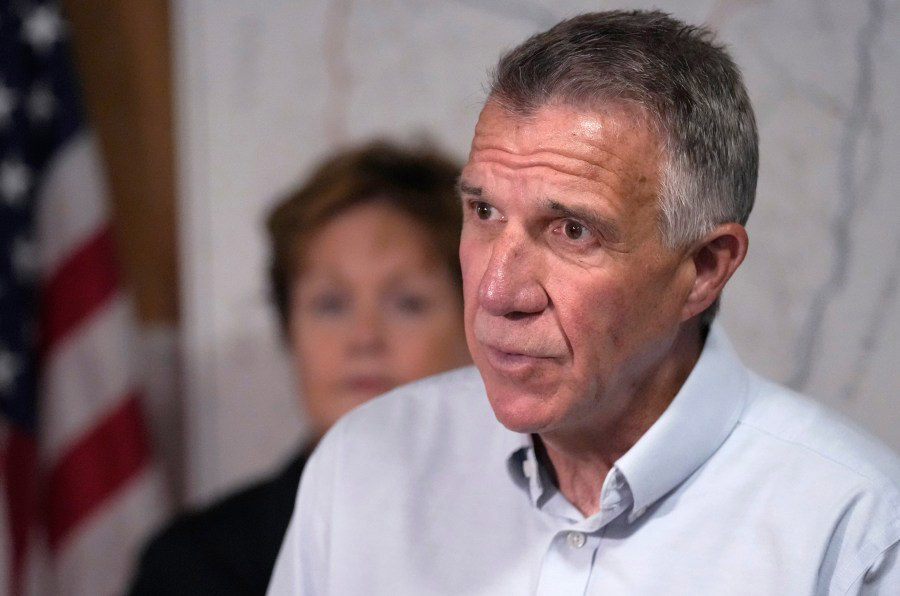 Significant Funding Cuts Bbc Issues Statement On 1 Billion Loss
May 02, 2025
Significant Funding Cuts Bbc Issues Statement On 1 Billion Loss
May 02, 2025 -
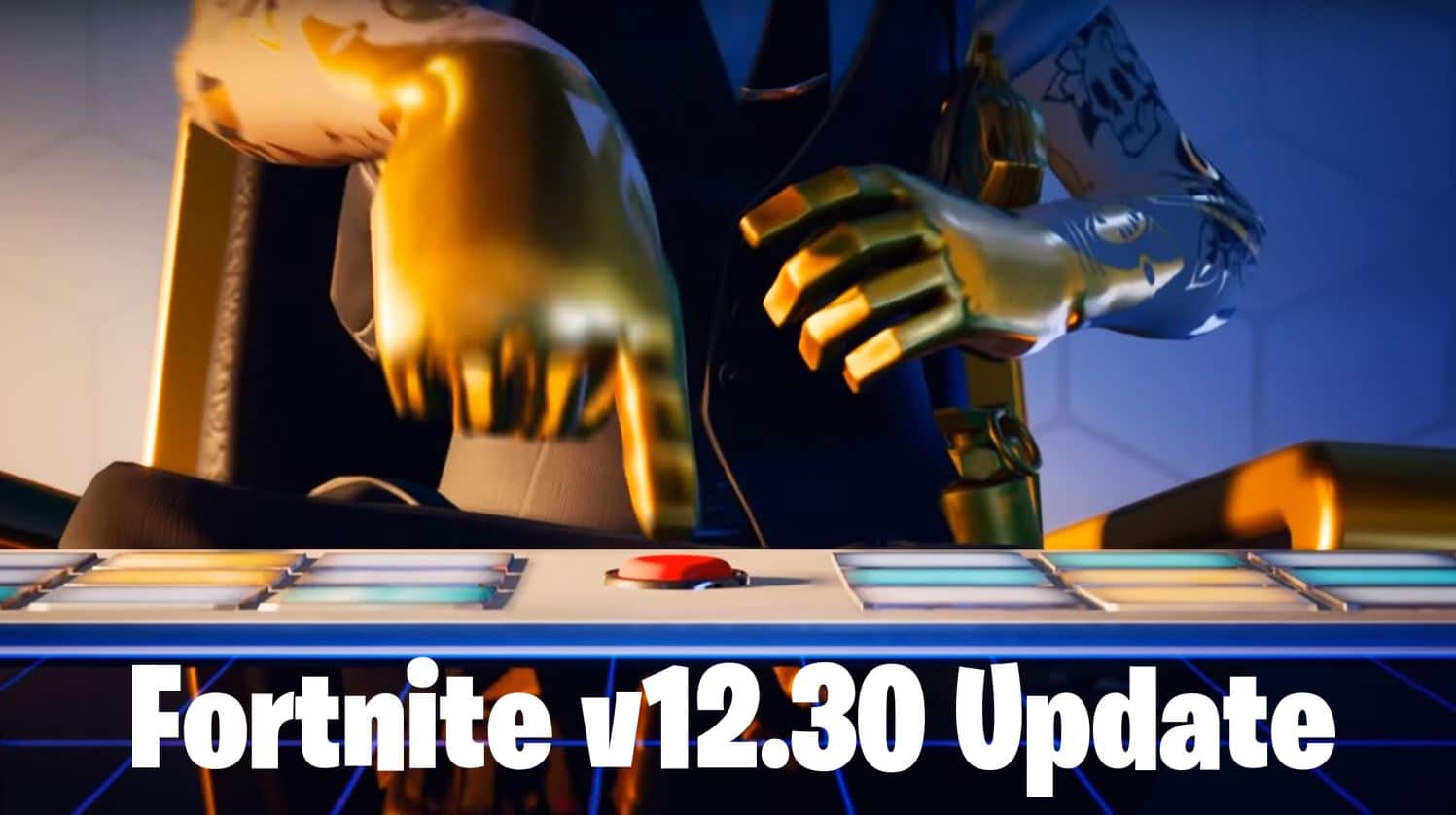 Fortnite 34 40 Update Server Downtime And Expected Return
May 02, 2025
Fortnite 34 40 Update Server Downtime And Expected Return
May 02, 2025 -
 Lotto 6aus49 Gewinnzahlen Vom 19 April 2025
May 02, 2025
Lotto 6aus49 Gewinnzahlen Vom 19 April 2025
May 02, 2025 -
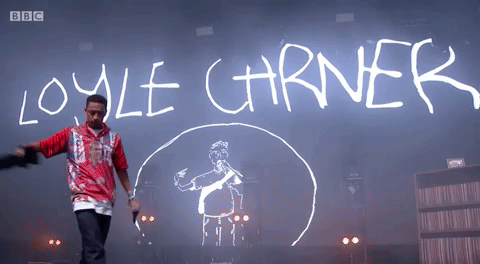 Loyle Carner New Album Glastonbury Festival And Reflections On Fatherhood
May 02, 2025
Loyle Carner New Album Glastonbury Festival And Reflections On Fatherhood
May 02, 2025 -
 Investing In The Future Identifying The Countrys Top Business Locations
May 02, 2025
Investing In The Future Identifying The Countrys Top Business Locations
May 02, 2025
Latest Posts
-
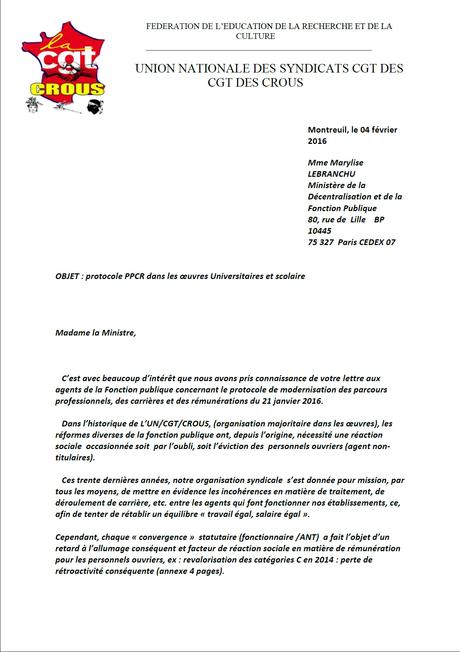 Projet D Aide Financiere A Maurice Signature Et Protocole D Accord
May 03, 2025
Projet D Aide Financiere A Maurice Signature Et Protocole D Accord
May 03, 2025 -
 Les Tuche 5 Le Film Et Ses Dedicaces
May 03, 2025
Les Tuche 5 Le Film Et Ses Dedicaces
May 03, 2025 -
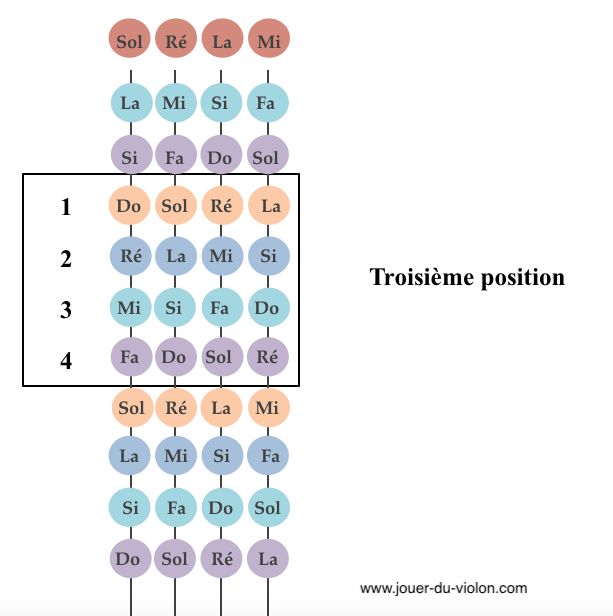 Regarder Mathieu Spinosi Jouer Du Violon En Direct A La Matinale
May 03, 2025
Regarder Mathieu Spinosi Jouer Du Violon En Direct A La Matinale
May 03, 2025 -
 Accord D Aide Financiere Pour Maurice Details De La Signature Et De L Echange De Notes
May 03, 2025
Accord D Aide Financiere Pour Maurice Details De La Signature Et De L Echange De Notes
May 03, 2025 -
 A Qui Est Dedie Les Tuche 5 Un Hommage Poignant
May 03, 2025
A Qui Est Dedie Les Tuche 5 Un Hommage Poignant
May 03, 2025
